Understanding Car Hose Pipes
Car hose pipes are essential components in the automotive industry, serving as conduits for fluids and gases within vehicles. These flexible tubes are designed to transport various substances, such as coolant, fuel, and air, to and from different parts of a car, such as the engine, radiator, and brakes.
Types and Materials
There are several types of car hose pipes, each tailored for specific applications and made from materials suited for their intended use. Rubber hoses are common due to their flexibility and durability, while silicone hoses are preferred for high-temperature environments. Stainless steel braided hoses are used for their strength and resistance to corrosion.
Applications and Features
The application of car hose pipes varies widely. For instance, radiator hoses are designed to withstand the hot coolant that flows from the engine to the radiator. Fuel hoses, on the other hand, must resist the corrosive nature of different types of fuel and their vapors. Features such as reinforced walls and heat-resistant coatings are common among these hoses to ensure they can handle the pressure and temperatures they are exposed to.
Advantages of Quality Car Hose Pipes
Quality car hose pipes offer numerous advantages, including improved durability and resistance to wear and tear. They are less likely to crack, swell, or burst, ensuring the reliable operation of the vehicle's fluid systems. Additionally, they can significantly reduce the risk of leaks, which can lead to vehicle malfunctions and environmental hazards.
Selection Considerations
When selecting a car hose pipe, it is crucial to consider factors such as compatibility with the fluid it will carry, the temperature range it can withstand, and the pressure it needs to handle. The size and shape are also important to ensure a proper fit within the vehicle's layout.
Maintenance and Replacement
Regular maintenance of car hose pipes is vital for vehicle safety and efficiency. Inspections can help identify signs of wear, such as cracks or soft spots, which indicate the need for replacement. Timely replacement of these components is crucial to prevent breakdowns and costly repairs.


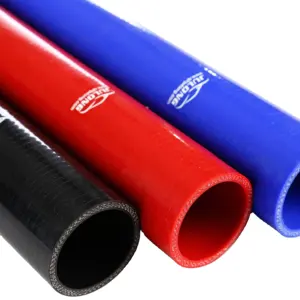

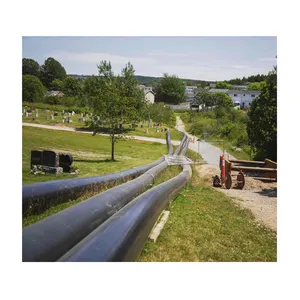

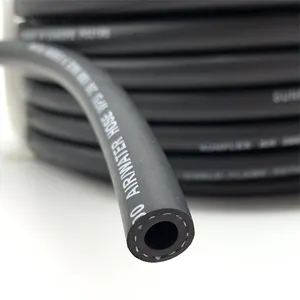

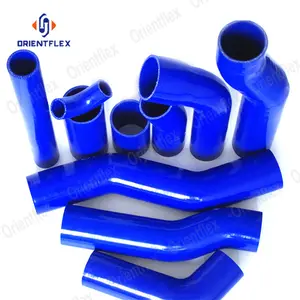





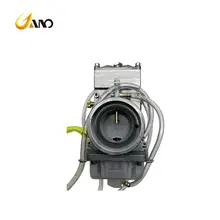

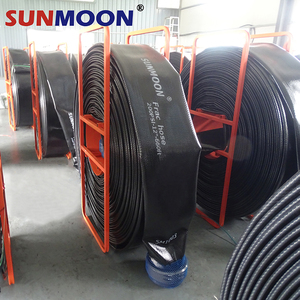


























 浙公网安备 33010002000092号
浙公网安备 33010002000092号 浙B2-20120091-4
浙B2-20120091-4